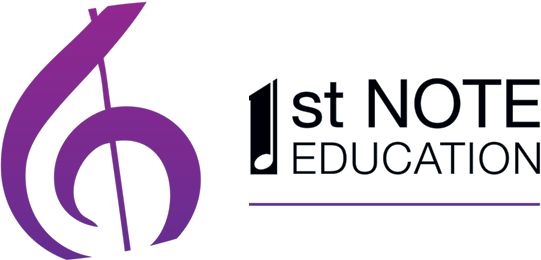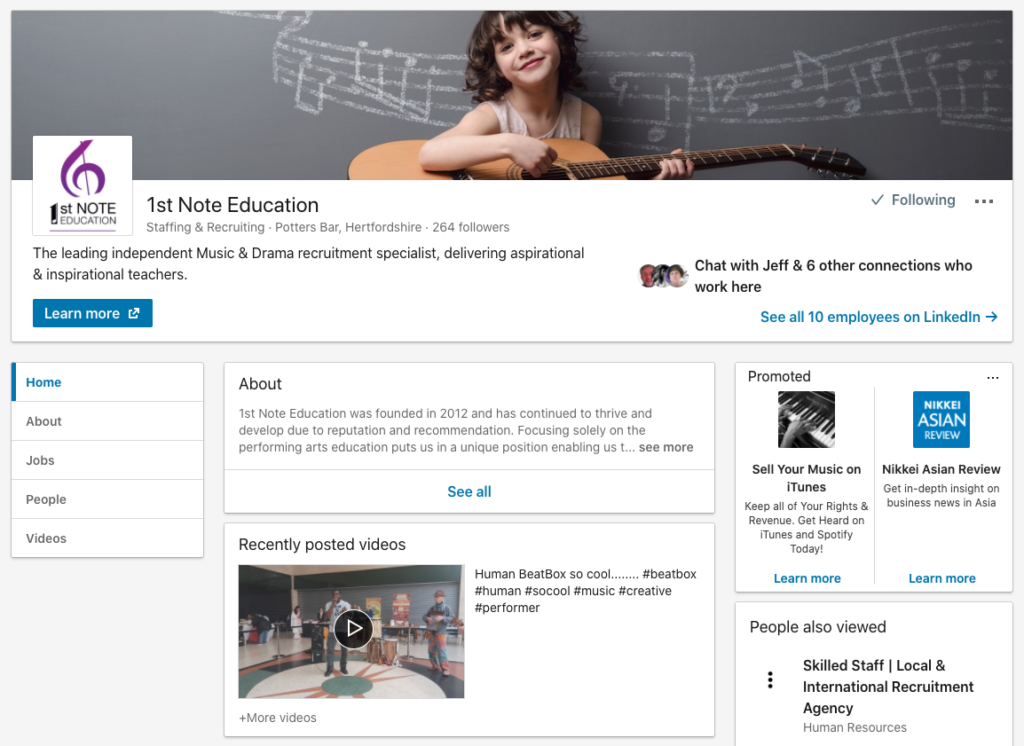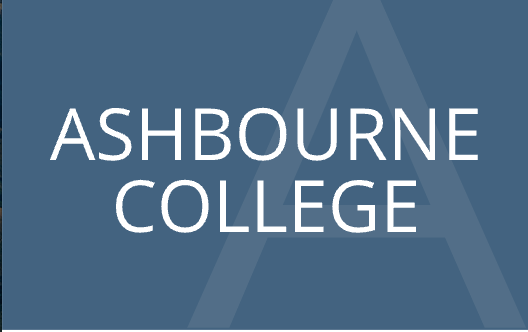Teachers plan strike against academies
It’s big news at the moment that teachers are planning to go on strike, due to changes that the government want to make, converting state schools into academies. Since the tory government took over, David Cameron has been insistent that all school be changed into new ‘revolutionary’ academies. (Check out website blog 10 ‘academies, schools and free schools’ for more info on what academies are and how they are run). These revolutionary changes, however, have caused uproar to professionals alike within the teaching profession. With direct funding from the government, academies can appeal greatly to all with the smell of fresh paint as a classroom fragrance, new ‘state of the art’ facilities gracing each room, and the promise of a raised standard of education, what wouldn’t be appealing?! But there are subtle undertones that the government have failed to mention during their referendum. Such as the unequal sharing of the funding pot, the freelance structuring given to all academies compared to state schools, thus only having to comply with meeting the core subject needs and can add any other subjects along with this, and the lack of any clear understanding that this will actually be good for a schooling system that is already fool-proof and in place.
Education Secretary Nicky Morgan is fronting the government’s campaign to transform all schools to academies and is adamant that these reforms will be undertaken. I have researched the BBC website on the latest gossip on the walkouts and here is what I have found…
Teachers’ union calls for ballot on primary test boycott
By Sean Coughlan Education correspondentteachers say that young children face too many tests
Teachers have voted to ballot for a boycott of all primary school tests, after claims that children in England are the “most tested in Europe”.
The National Union of Teachers’ conference heard warnings that schools had become “exam factories”.
Delegates criticised “chaotic” changes to primary assessment and voted for a ballot to boycott tests taken by seven and 11 year olds and baseline tests.
The government said a boycott would only “disrupt children’s education”.
NUT leader Christine Blower said the union would consider a ballot to boycott tests in summer 2017.
She said the union was also calling on the education secretary to cancel this year’s Sats tests.
Baseline tests
The NUT annual conference in Brighton on Easter Sunday accused the primary school testing system of being unreliable and increasingly confused.
Delegates particularly criticised the baseline tests being introduced in Reception classes.
Image caption The NUT conference heard calls for primary tests to be boycotted
The test is intended to provide a starting point against which to measure future progress through primary schools.
But Sara Tomlinson from Lambeth said that such tests were “not what the first six weeks of school should be about”.
She said that children should be learning social skills and “not just sitting down and repeating words like parrots”.
The conference motion condemned the “chaotic and wholly unacceptable way” in how changes to primary assessment have been managed.
There were warnings of unresolved “ambiguities” in what standards children should be achieving.
There have been particular warnings about the spelling, punctuation and grammar element of primary tests, with claims that they are unrealistically difficult for the age group.
Delegates attacking a “testing culture” have warned that the primary assessment plans will mean there would be tests in Reception, Year 1, Year 2 and Year 6.
There are warnings from teachers that an excessive emphasis on testing narrows the curriculum and reduces creativity, with the pressure of school league tables taking precedence over the needs of individual pupils.
There are also claims that tests can be stressful for pupils.
The NUT conference last year also voted for a boycott of baseline testing.
‘Disappointing’
A spokeswoman for the Department for Education said that parents had a right to expect that there should be tests to show that children leave primary school with the right skills in maths and literacy.
“We want to see all children pushed to reach their potential. In order to do that, and to recognise the achievements of schools in the most challenging areas, we want to measure the progress that all pupils make as well as their overall attainment.
“It is disappointing to see that the NUT are taking this approach, which would disrupt children’s education, rather than working with us constructively as other unions have.”
How all of the new changes will pan out is unsure, but what is important is how the children will be affect… after all, they are the ones that will suffer the most!
What are you views on this post? Why not get onto the brand new 1stNoteEducation forum and air your views!!!!
Andy T









